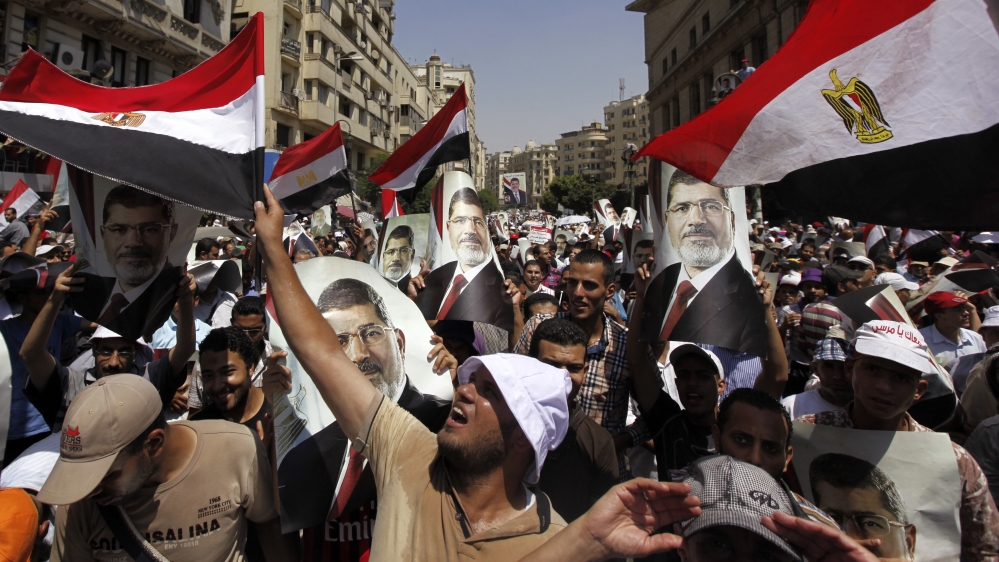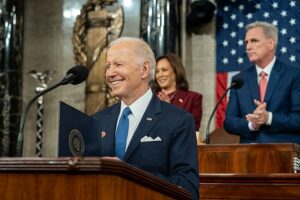Egypt’s Muslim Brotherhood Problem


As the oldest political revivalist group in the Islamic world—and one of the most polarizing—the Muslim Brotherhood has the disputed status throughout the region as being a political party or a terrorist organization. Founded in 1928 by Egyptian Islamic scholar Hassan al Banna, the group primarily seeks to reform political systems across the region by embracing political activism and electoral legitimacy with the institution of the Quran as the single reference point.
Throughout history, certain chapters of the organization have resorted to violence, leading countries including Bahrain, Egypt, Russia, and Saudi Arabia to label the group as a terrorist organization. There have been calls in the U.S. senate for the American government to do the same. In Egypt, the Brotherhood orchestrated numerous terror attacks against the government from the 1940s to the 1960s, and in Syria, the Brotherhood fought an insurgency against the Syrian government from the late 1970s to early 1980s. The Palestinian branch, represented by Hamas, frequently launches terrorist strikes against Israel. But, crucially, not all branches of the group are violent. And while thwarting radicalization in the Arab world is necessary, it’s a subject that requires a lot of nuance, especially when it comes to the Muslim Brotherhood.
Egypt is currently undertaking Comprehensive Operation Sinai 2018 (COS 2018), a military counter-terrorist campaign to combat terrorism within the peninsula. According to an Egyptian military spokesperson, the first ten days of the campaign yielded substantial results, including the destruction of 158 targets through airstrikes, the deaths of 71 militants, and the arrest of over 1800 individuals wanted over criminal charges including support for the Islamic State. When it comes to international policy and counter terrorism operations like this one, the Muslim Brotherhood often gets lumped in with actual militant organizations with a stated terrorist agenda.
In Egypt, hundreds of Muslim Brotherhood members remain jailed in prisons with records of human rights abuses, such as Tora Prison, where there is essentially no distinction between or segregation of those convicted of serious terrorist charges and those with minor offenses. Last month, an Egyptian court sentenced 75 high-level members and affiliates of the organization to death as part of a mass trial of over 700 pro-Brotherhood people accused of being involved in the Rabaa massacre. The trial received widespread criticism from human rights groups including Amnesty International, which has called it a “grotesque parody of justice.”
Despite its history of sporadic militancy, the Brotherhood has at times acted as a resource to the communities it operates within, providing social services similar to that of an official government. For instance, in some Egyptian communities, the group has been providing a vast network of clinics, schools, and other social services to impoverished communities. Charities tied to the Muslim Brotherhood in Egypt, however, risk closure by the government. In September 2018, an Egyptian judicial committee froze assets of over a thousand charities, schools and hospitals linked to the group, which burdens neighborhoods dependent on these resources and services.
As evidenced above, the Muslim Brotherhood doesn’t operate with a single set of methods across the region and some international officials realize this. Former Secretary of State Rex Tillerson nodded to this idea during his testimony at the House Committee on Foreign Relations. Tillerson stated: “There are elements of the Muslim Brotherhood that have become parts of governments,” referring to those in Bahrain and Turkey. “Those elements…have done so by renouncing violence and terrorism,” he continued.” He was later quoted saying that by “designating the Brotherhood in its totality as a terrorist organization I think you can appreciate the complexities this enters into our relations with [governments in the region].”
Governments need to expand from focusing primarily on existing terrorism, and target terrorist incubators such as prisons, to address real concerns of militancy in the region. The notorious prison camps, such as Camp Bucca, set up during the Iraq War served as prime incubators of radicalization. “Bucca didn’t create the problem of anti-American sentiment, but it exacerbated the problem by localizing it and concentrating it,” journalist Michael Weiss told the New York Post.
But to truly prevent terrorism from the Brotherhood or any other group, the violent ideology has to be quelled before it takes root in the form of radicalization. To counter both radicalization and terrorism, states need to adopt a three-pronged approach: continue its military campaigns to root out terrorists, implement deradicalization programs in prisons, and allow for various Brotherhood sympathizers and officials engaging in civic activism and political processes to continue to do so – as opposed to broadly demonizing any and all sympathizers of the Brotherhood as enemies of the state. Should states seek to mitigate the radicalization of the Brotherhood, they should designate certain chapters of the group as terrorist organizations, rather than suppressing any and all of its members and sympathizers.
Ultimately, it must be made clear that simply relying on military strategies and mass imprisonment to counter terrorism is insufficient, as there remains a separate set of strategies waiting to be used to combat the radicalization that arises in the first place. Otherwise, states risk demonizing nonviolent groups and ideologies, inadvertently fueling the militancy it seeks to root out.
Maya is pursuing a joint M.A. in Near Eastern studies and Journalism.






